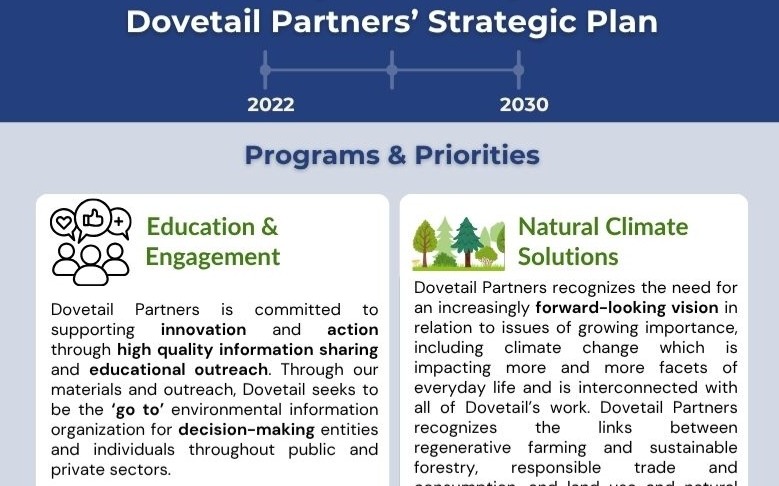Right-of-way corridors, such as those managed for high power transmission lines, pipelines, and highway systems, include tens of millions of acres. These corridors have the potential, if managed appropriately, to link ecosystems in a beneficial way while still meeting the legal responsibilities and public safety needs of utilities. Today, there is increasing pressure on key pollinator species and the plants and ecosystems that rely on them due to the loss of habitat, fragmentation, pathogens, invasive species, and climate change. Appropriately managed right-of-way corridors can help address many concerns regarding these species and contribute to regeneration of key plant and pollinator species across the continent. Integrated vegetation management (IVM) provides a methodology and techniques for managing these corridors in a manner that optimizes their use in meeting both local and regional land management objectives.
The Right-of-Way Steward accreditation program, administered by the Right-of-Way Stewardship Council (ROWSC), establishes standards of excellence for responsible right-of-way vegetation management on utility transmission corridors. The accreditation process presents an opportunity for companies to demonstrate their commitment to such standards, and third-party recognition ensures an independent, proven process to convey credibility and bring recognition to integrated vegetation management (IVM) programs.
The purpose of this report is to introduce right-of-way accreditation as another tool in the sustainable systems management toolbox and to discuss the experience of participants to date in the ROWSC accreditation process as determined through an online survey of utility representatives. The survey was designed to better understand participant’s organizational goals and objectives, how those objectives have been realized thus far, and to identify areas of process improvement.
The results suggest that early adopters find ROWSC accreditation helps demonstrate commitment to the environment and to gain credibility in the marketplace, while also supporting innovation in utility management and improving IVM processes. Increased participation by utilities and greater recognition of ROWSC over time will likely greatly benefit new and existing accredited utilities in gaining recognition for their efforts to support key plant and pollinator species.There are a number of areas for improvement that have been and are being addressed that can support expansion of the program and increasing benefits to participants.

.png)
.png)
.png)

.png)
.png)